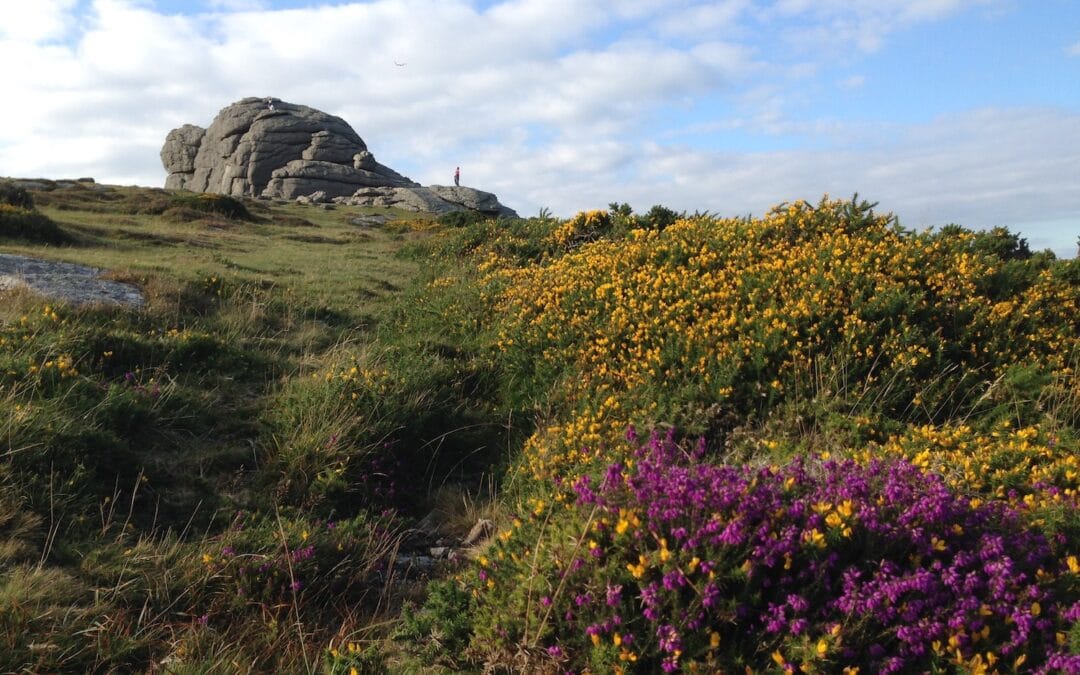whisky is shaped by the weather and climate
Temperature, humidity, and air pressure can all affect the production and taste of whisky. Distillers are hoping to harness these elements to make the drink better.
The maturation of whisky is intricately tied to the climate in which it is aged. The location within a warehouse, as well as the geographical location around the world, play a significant role in how whisky ages. This can be observed through the “angel’s share,” which refers to the amount of whisky lost to evaporation during the ageing process. The climate also influences the composition of the angel’s share, determining the ratio of alcohol to water lost as they evaporate at different rates.
In regions like Kentucky and Texas, characterised by hot and dry climates, water tends to evaporate more quickly than alcohol. As a result, the overall alcohol content, known as ABV, often increases. This leads to a shorter ageing process for these whiskies, typically only a few years. On the other hand, Scotland’s cool and humid weather causes alcohol to evaporate more readily, resulting in a gradual decrease in ABV over time. Consequently, Scottish whiskies can mature for several decades. Were as English whisky is matured in a wooden cask for a minimum of 3 years, ensuring that the alcohol content was above 40%?
Distillers have long recognised the relationship between storage temperature and alcohol content.
To address this issue, distillers experimented with lowering the warehouse temperature, significantly reducing this loss. Fortunately, contemporary whisky makers have access to a wealth of meteorological and climate data, allowing them to enhance the quality and consistency of their products. However, they also face the challenge of adapting to climate change, as rising temperatures and extreme weather events may impact their processes.
These environmental fluctuations can even influence decisions made on a daily basis, such as the timing of distillation, which relies on barometric readings to ensure the desired composition of the spirit. In conclusion, the interplay between climate and whisky production is a complex and fascinating aspect of the industry. As distillers strive to create exceptional spirits, they must navigate the nuances of climate and leverage scientific data to inform their practices.
A crisp, cold will push more flavour back out as the cask contracts, like squeezing a sponge.
If the atmospheric pressure happens to be slightly elevated, it could potentially result in a delay in the distillation process, as the cut point may shift later.
The influence of the environment on these processes is widely acknowledged. However, within the industry, there is some debate regarding whether varying conditions truly make a significant difference in the final product from year to year, considering that these casks mature for extensive periods, sometimes even decades. The impact of a couple of hot summers could potentially be counteracted by subsequent cooler ones, and so on.
It is still too soon to determine whether climate change will have a huge impact on the production of whisky, but it is something some distillers are looking at in preparation for the future.
Whisky production will face significant challenges within the next 100 years, according to reports.
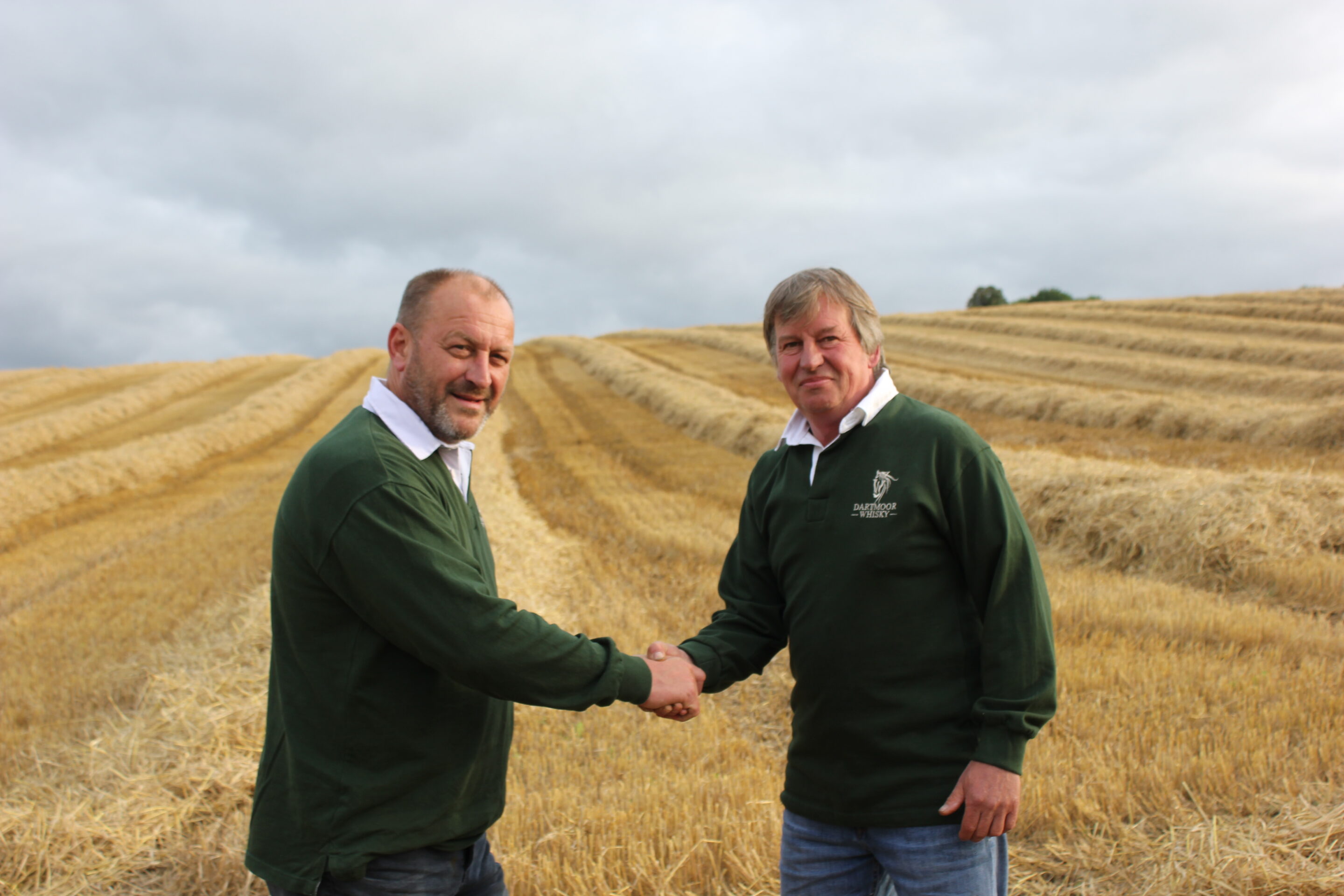
The Changing Landscape for Barley and Grain
A recent study published in the prestigious journal Nature has shed light on the profound impact of climate change on the cultivation of barley and grain. These essential ingredients in whisky production are highly susceptible to changes in weather patterns, presenting unprecedented challenges for the industry.
Altering crop yields
The study reveals a complex and contradictory effect of climate change on barley yields. While the increased temperatures across the United Kingdom have extended the growing season, resulting in longer periods for barley crops to flourish, not all regions have fared equally well.
Additionally, the introduction of invasive non-native species thriving in warmer and more humid climates poses another threat to the sustenance of grain crops. This is especially worrying for the grain whisky market, which boasts an annual value of nearly £3 billion.
Water Woes
Water availability plays a crucial role in the growth and nourishment of barley and grain. However, climate change has disrupted precipitation patterns, impacting the timing and quantity of water available for irrigation. The gradual disappearance of spring snowmelt and the erratic nature of heavy rainfall have created fluctuations in the quality and quantity of water. Moreover, the emergence of droughts, a common consequence of climate change, may lead to stricter regulations on water usage, further compromising the cultivation of these vital crops.
A Changing Environment
Between 1961 and 2006, average temperatures during spring, summer, and winter have risen by close to one degree Celsius. Alongside this, the annual precipitation rate has surged by a staggering 27%. These changes have led to rising sea levels and a substantial increase in the temperature of the surrounding seas, directly impacting the whisky industry.
The Unseen Consequences
These climatic shifts have already begun to disrupt the delicate balance of water sources crucial for whisky production. Fluctuations in river flow, higher summer temperatures, and reduced snowfall have all contributed to dwindling groundwater levels, which can have detrimental effects on the whisky-making process. Droughts result in diminished water flow from burn and river sources while simultaneously elevating water temperatures. Consequently, the efficiency of cooling systems is compromised, and distilleries struggle with the discharge of effluents. Even the flavour profile of whisky itself can be altered by fluctuations in water temperature.
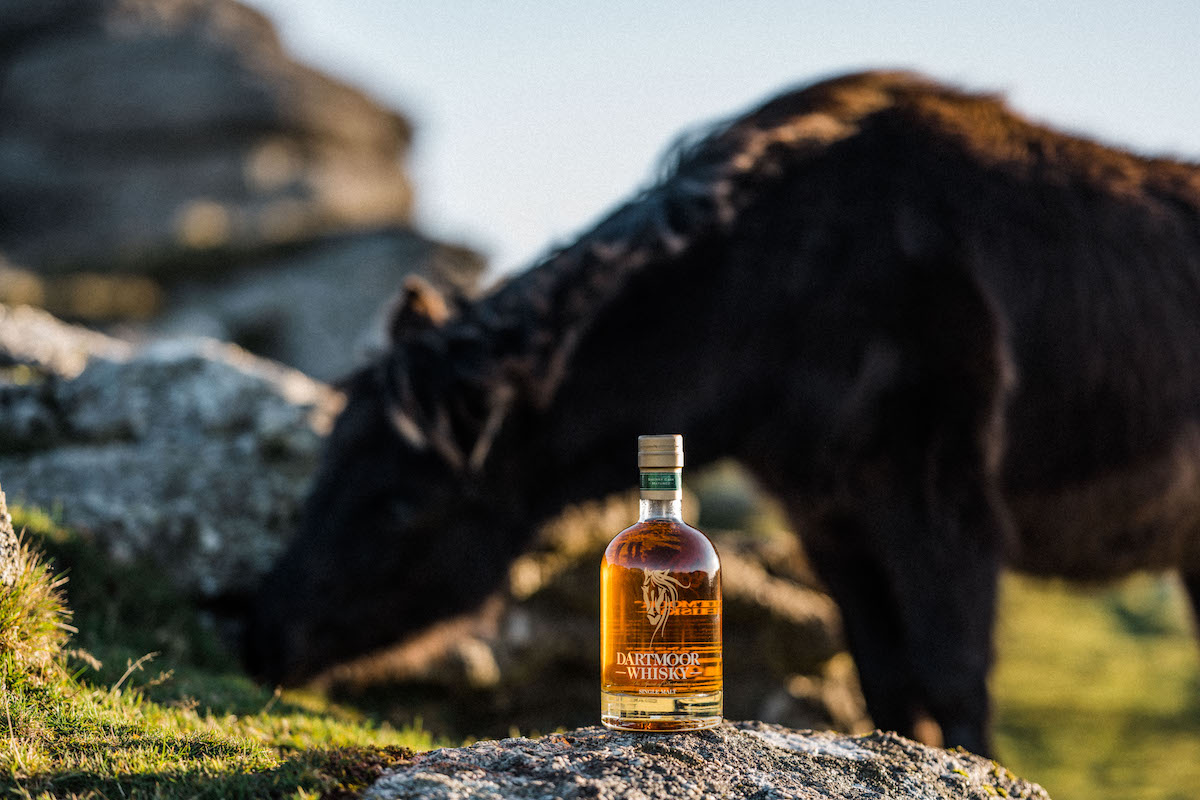
In conclusion, the impact of climate change on barley and grain cultivation is profound and far-reaching. The whisky industry faces an uphill battle in adapting to these changes, but through continuous research, collaboration, and innovation, it strives to ensure the longevity and quality of these essential ingredients amidst an ever-evolving climate.


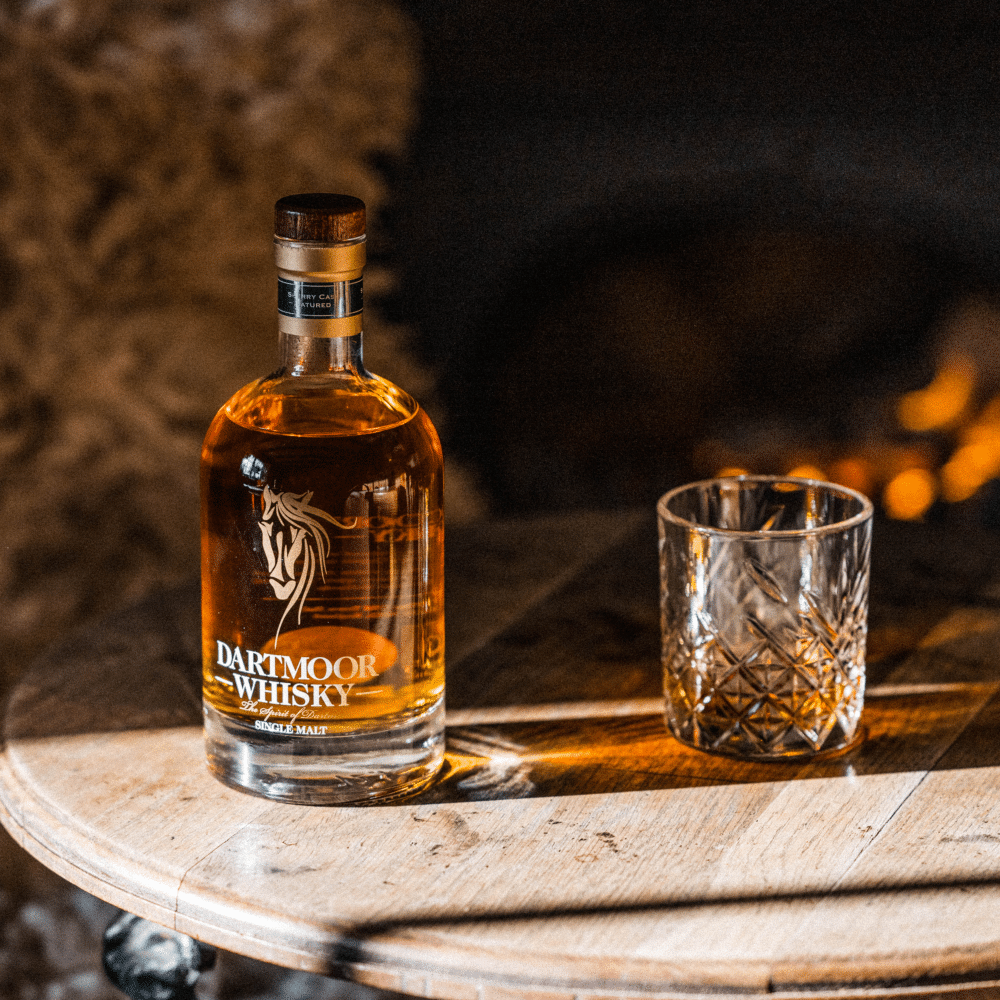
Visiting Us
You can visit us on the following days:
Shop:
Wed-Friday 11 am till 4 pm
Saturday 12 pm till 4 pm
Bar:
Friday & Saturday 4 pm till 10 pm
Tasting Experience:
Saturday 1 pm – 2 pm
If you are interested in our whisky-tasting experience, please book in advance.
-

1st Distillation Sherry – Limited Edition – Certificate Included
£1,000.00 -
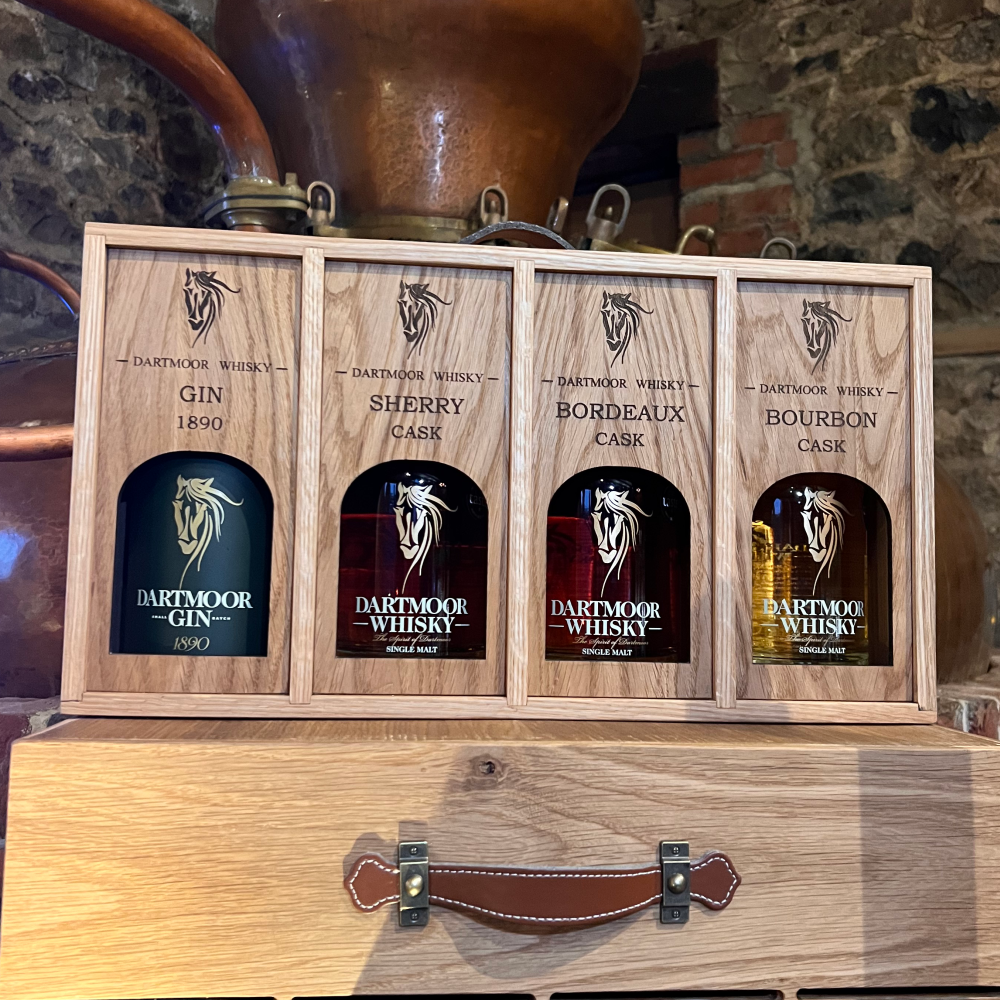
Artisan Ultimate Collector’s Oak Gift Box
£450.00 -

Dartmoor Whisky Core Expressions Trio with Discovery Pack
£208.95 -
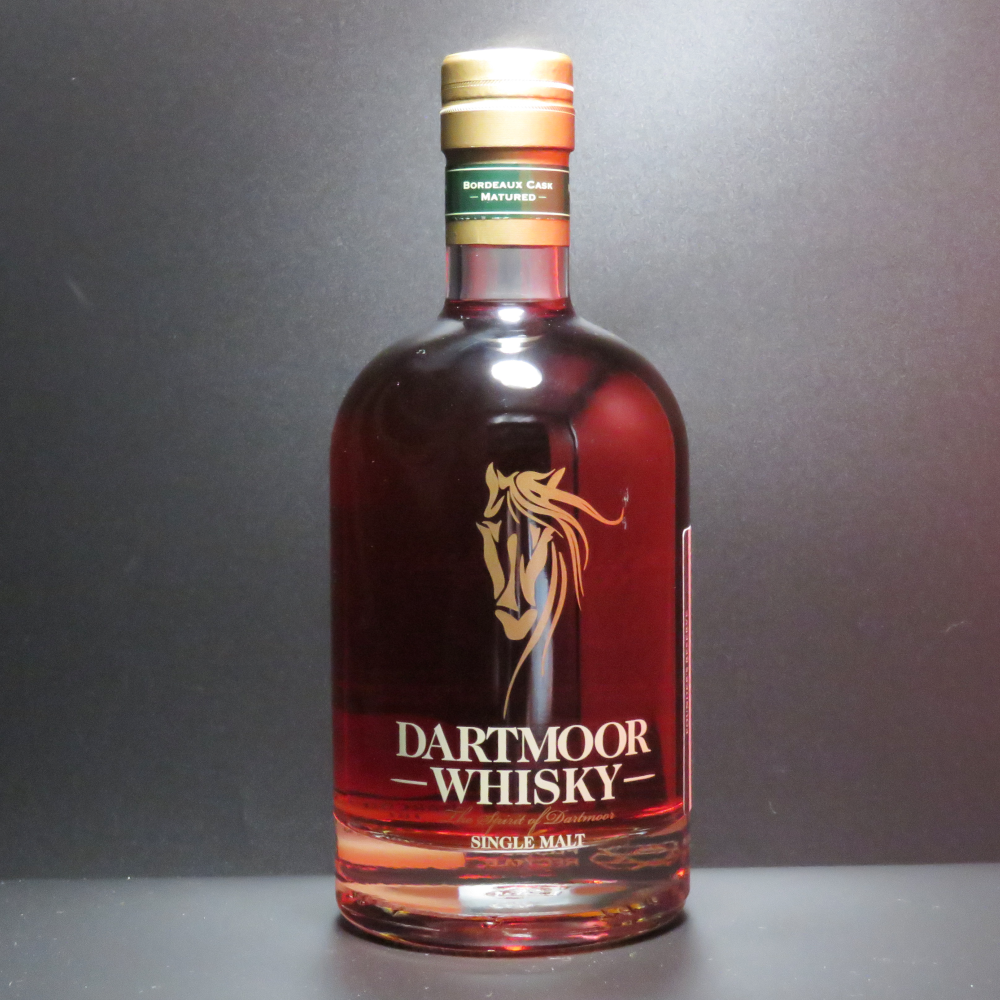
Founder’s Reserve Bordeaux Supérieur Cask
£500.00 -

Islay Aged Whisky – First Phase Release – Limited Edition
£295.00 – £307.95 -

Islay Aged Whisky – Phase Two Release – Limited Edition
£500.00 – £512.95 -

Port Aged Whisky – Second Phase Release
£295.00 – £322.50 -

Ex-Bordeaux Red Wine Cask Single Malt
£59.95 – £64.90 -
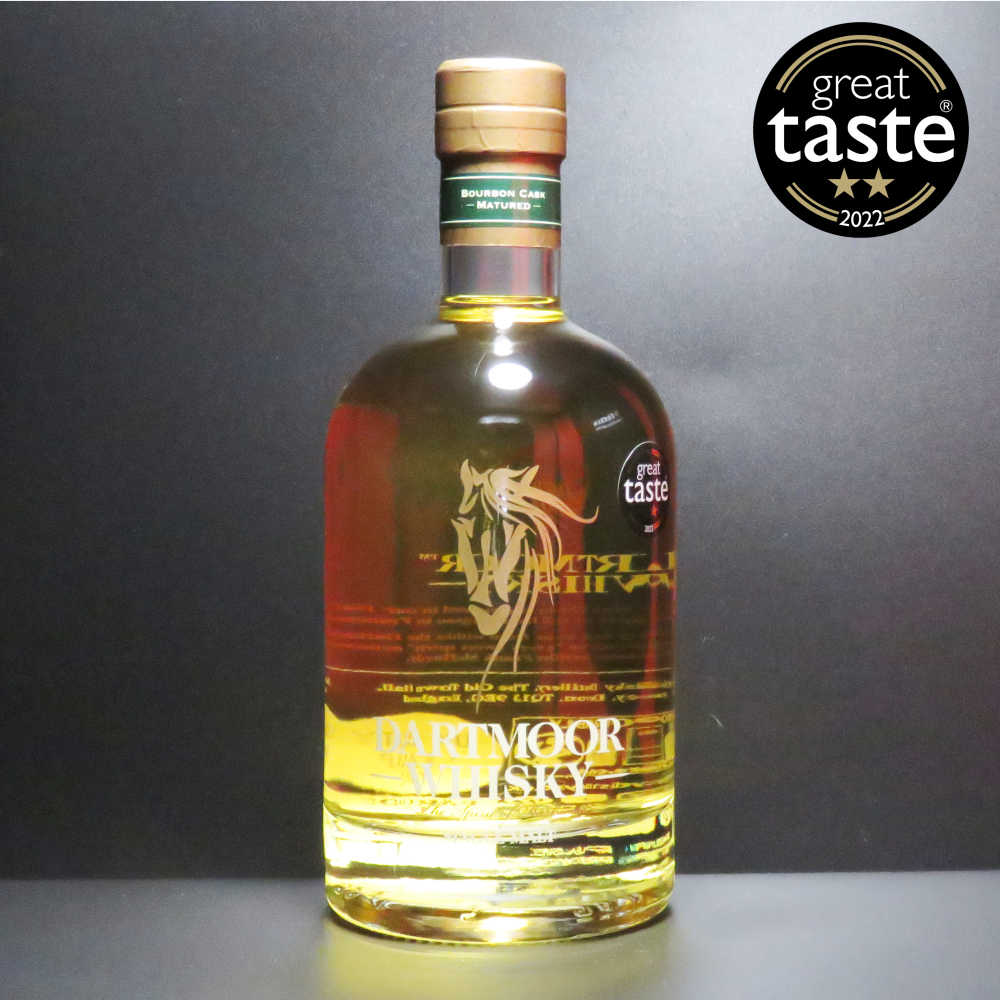
American Oak Ex-Bourbon Cask Single Malt
£59.95 – £64.90 -

Ex-Oloroso Sherry Cask Single Malt
£89.95 – £94.90 -

First Release Ex-Bordeaux Cask 3 Single Malt
£350.00 -

First Release Ex-Bourbon Cask 5 Single Malt
£350.00 -

Christmas Discovery Set
£33.95 -

Dartmoor Whisky Discovery Set
£33.95

